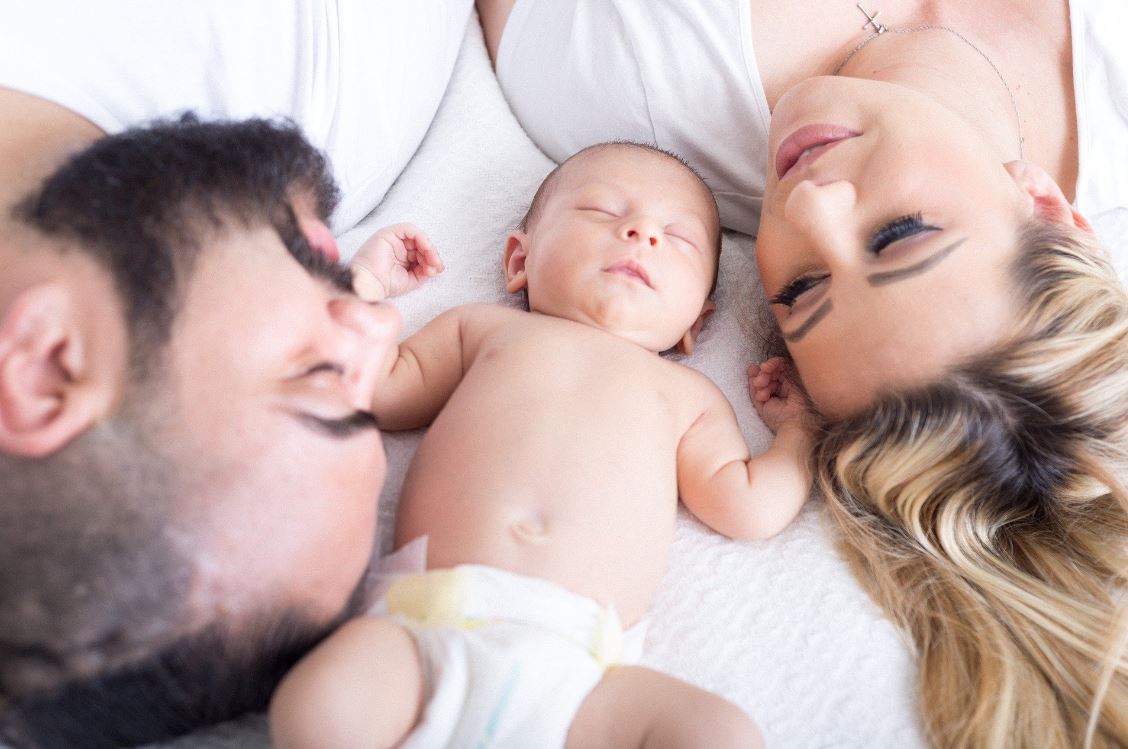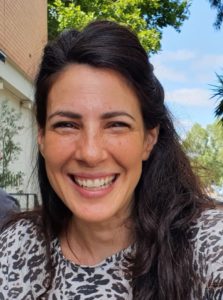
A study of more than 2000 parents of babies aged 3-18 months highlights the benefits and safety of behavioural sleep interventions (BSIs) – as difficult they might seem to implement.
reported using at least one of the three common BSIs – ‘parental presence’, ‘controlled crying’ (known as modified extinction) or ‘cry it out’ (unmodified extinction) – as a way to promote infant sleep self-regulation so infants learn to settle themselves to sleep.
“Pediatric insomnia is very common and tends to cause considerable distress for families,” says Flinders University clinical psychology researcher and international infant sleep expert , who is currently Assistant Professor at Tel Aviv University, Israel.
“In the clinic, we meet parents who haven’t had a good night’s sleep in months and sometimes years, which of course impacts their mood, cognitive performance (for example, at work), and also the relationships with their partner and baby.

“There is controversy about the safety and even necessity of BSIs, yet claims against these interventions are theoretical in nature, whereas research evidence to date has not provided any indication of short- or long-term adverse consequences of BSIs.
“Our study provides further evidence for the safety of these interventions by demonstrating that parents who had and had not used them did not differ in measures of parent-infant bonding, parent depression, or parent sleep.”
In terms of infant sleep, the study found that implementing unmodified and modified extinction was associated with longer and more consolidated infant sleep, suggesting that these interventions are effective in decreasing pediatric insomnia symptoms.
“Many parents may want to try these interventions but are reluctant given non-based claims that they are unsafe,” Dr Kahn says.
“Parents and clinicians should thus be aware of the range of safe evidence-based treatments available to ameliorate infant sleep problems, which could considerably improve parents’ health and wellbeing.”
The US-based study was presented by Dr Kahn and senior pediatric sleep experts Dr Michael Gradisar and Dr Natalie Barnett at this year’s World Sleep Congress and has been .








